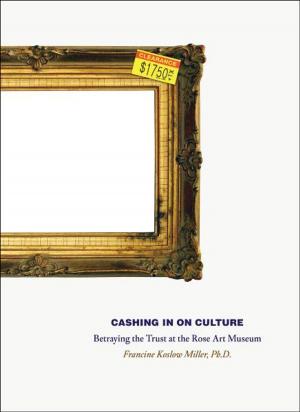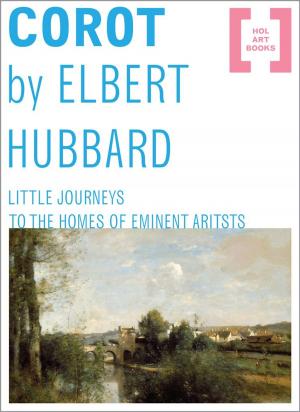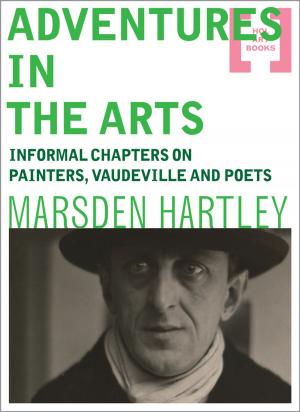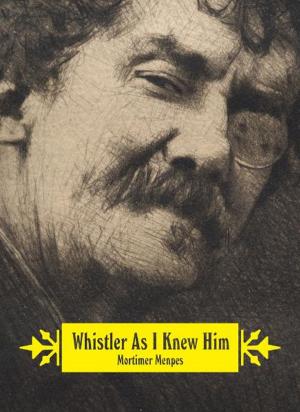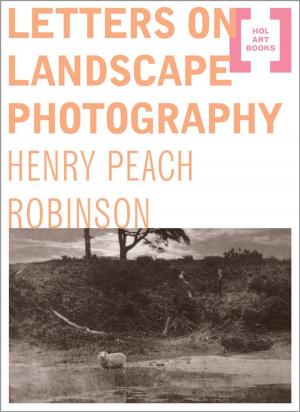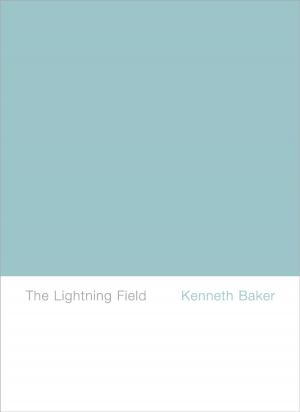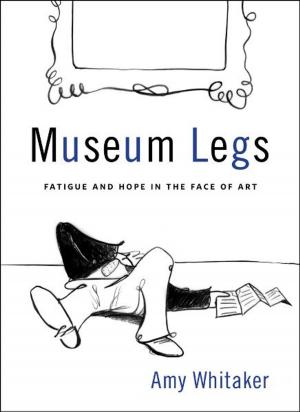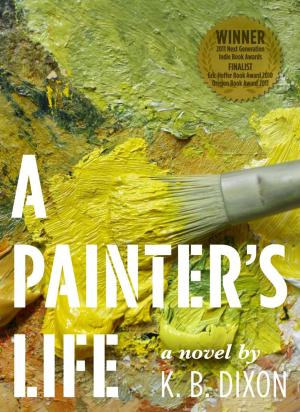Thoughts on Landscape: Collected Writings and Interviews
Nonfiction, Art & Architecture, Photography, Pictorials, History| Author: | Frank Gohlke | ISBN: | 9781936102082 |
| Publisher: | Hol Art Books | Publication: | October 25, 2009 |
| Imprint: | Language: | English |
| Author: | Frank Gohlke |
| ISBN: | 9781936102082 |
| Publisher: | Hol Art Books |
| Publication: | October 25, 2009 |
| Imprint: | |
| Language: | English |
Frank Gohlke has been a leading figure in American landscape photography for over thirty years. He has photographed grain silos in Minnesota, the aftermath of a tornado in Texas, the destruction and rebirth of the land after the Mount St. Helens eruption in Washington, and a river's quiet course in Massachusetts. His is a career of deep, unbroken contemplation of the enduring landscape and of our place within it. And for nearly as long as Gohlke has been photographing the landscape, he has been writing about it. In the spirit of Henri Cartier-Bresson's seminal book, "The Mind's Eye", and Robert Adams's "Beauty in Photography", Gohlke's writings on photography span from the philosophical to the personal. In interviews, essays, artist statements, and lectures, Gohlke focuses both on his own work and life, and on the works and lives of the photographers around him. Woven throughout is his affection for and loyalty to the landscape around him, and his uncanny ability to convey the richness of his experience to readers--in words just as in images.
Frank Gohlke has been a leading figure in American landscape photography for over thirty years. He has photographed grain silos in Minnesota, the aftermath of a tornado in Texas, the destruction and rebirth of the land after the Mount St. Helens eruption in Washington, and a river's quiet course in Massachusetts. His is a career of deep, unbroken contemplation of the enduring landscape and of our place within it. And for nearly as long as Gohlke has been photographing the landscape, he has been writing about it. In the spirit of Henri Cartier-Bresson's seminal book, "The Mind's Eye", and Robert Adams's "Beauty in Photography", Gohlke's writings on photography span from the philosophical to the personal. In interviews, essays, artist statements, and lectures, Gohlke focuses both on his own work and life, and on the works and lives of the photographers around him. Woven throughout is his affection for and loyalty to the landscape around him, and his uncanny ability to convey the richness of his experience to readers--in words just as in images.




